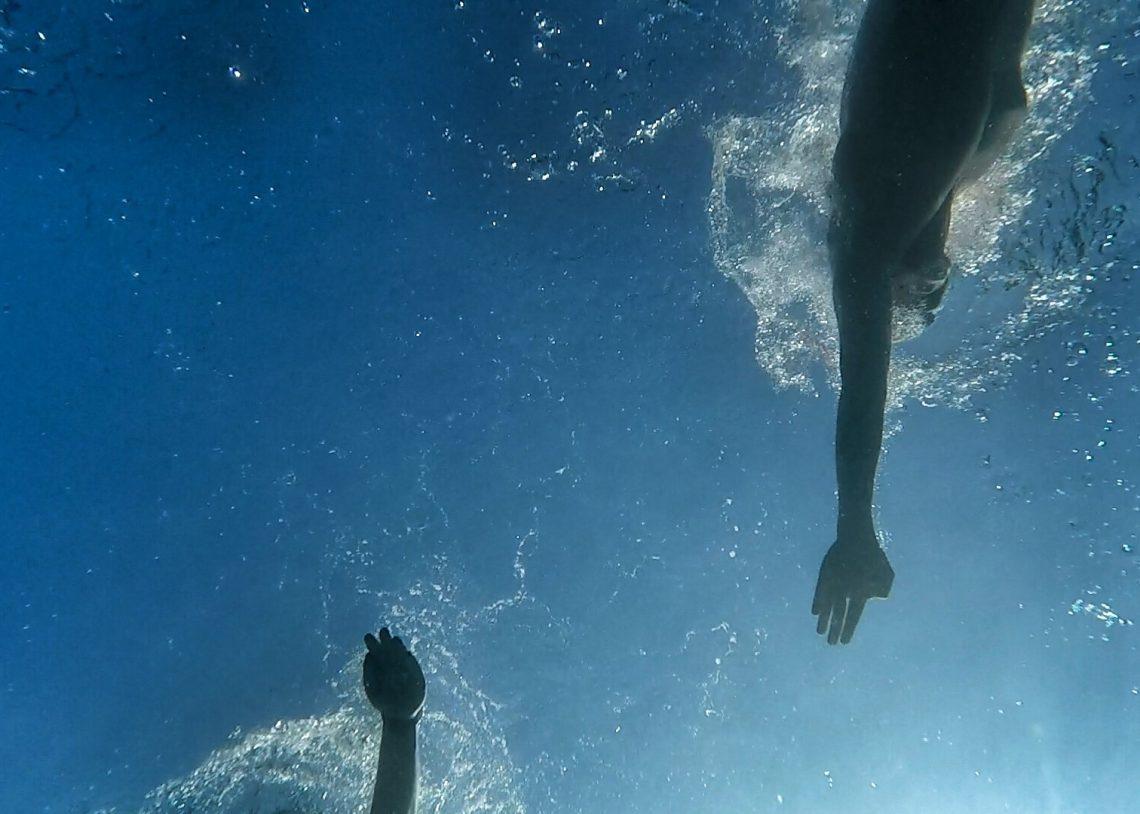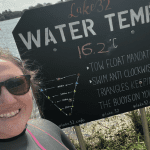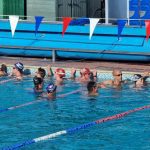
Swim faster next year
Focus on general fitness and health for long-term improvements in your swimming
I know, you want to swim faster this year. By tomorrow, preferably.
Unfortunately, overnight breakthroughs are rare.
Even if you fixed a major technique flaw, it’s unlikely you would experience an immediate and sustained improvement. Before your new technique becomes effective, you need to consciously repeat the movement hundreds of times so that the action becomes automatic. In addition, you need to train your muscles to apply force in a new way.
Change does happen. You can get faster. But you need patience.
The biggest driver for long-term improvement is consistent mindful practice. Consistency requires commitment and determination but that’s only part of the story.
You are more likely to practise consistently if you create conditions that make swimming easy. One of these is to do things that make swimming a joyful experience. The other is to pay attention to your general fitness and health.
Put fitness into everything
Swimming is great exercise and contributes to your overall fitness. If you swim three times a week you will likely meet the NHS recommendation for 150 minutes of moderate exercise or 75 minutes of vigorous exercise. But if you want to swim faster, you should treat this as a minimum.
This doesn’t mean you have regularly hit the gym and take up marathon running (although, why not?) but, within reason, any additional exercise you can add will be beneficial.
For many swimmers, it’s practical and effective to add more low-intensity informal exercise into your routine – exercise you don’t need to change for or shower after. Take any opportunity you can to walk. Cycle to your swims instead of driving. In fact, cycle everywhere and anywhere you can.
To take it up a level, can you do some bodyweight exercises at home? You don’t need a formal routine. But if you’ve been sitting for a while, get up and do some squats or push-ups. If you want to do more, create a 15-to-20-minute routine you could do twice per week.
The extra fitness and your all-round athleticism will feed through to your swimming and you will start swimming faster. You should also reduce your risk of injury and musculoskeletal problems, which improves consistency.
Taking it further
Once you have these basics in place, you may wonder what else you can do. I’d look next at band exercises to strengthen your shoulders and reduce injury risk then, possibly, running and lifting weights. However, be aware that if you do too much of this too soon, or increase volume or weight too quickly, you may exhaust or injure yourself, which would be detrimental to your swimming. Some swimmers swear by yoga or Pilates for strength, mobility and flexibility.
Stay healthy
Staying healthy involves an element of luck. Your child may bring home a cold from school or you find yourself squashed next to someone who’s coughing and sneezing on public transport. But you can stack the odds in your favour. Nobody wants to go back to the social distancing and relentless hand washing we experienced during the pandemic. But steering clear of people who are spluttering and dripping snot (if you can) is prudent, as is washing your hands when you get home or after swimming in open water.
Then there’s the stuff we all know about but struggle to apply: sensible eating and sleeping well. You don’t need to make eating unnecessarily complicated unless you have a good reason, such as a medical condition. Aiming for perfection isn’t feasible either. If you can eat mostly home-cooked unprocessed food with plenty of vegetables, you should be OK.
As for sleep, read something like Matthew Walker, Why We Sleep. I was so worried about the negative effects of insufficient sleep after reading this, it kept me awake all night. Poor sleep affects your immunity, increasing your risk of getting ill and disrupting your training. Not sleeping enough also makes you more prone to injury. If you have to choose between doing more training or getting sufficient sleep, choose sleep.
Getting faster at swimming – or swimming further – is not just about what you do in the water. You are more likely to make sustainable improvements if you can create a lifestyle that keeps you fit, health and injury free, and therefore supports consistent swimming practice. Settle in for the long-haul as the results take time to come through.
Image © Katia Vastiau








